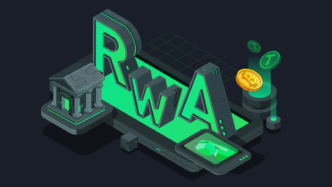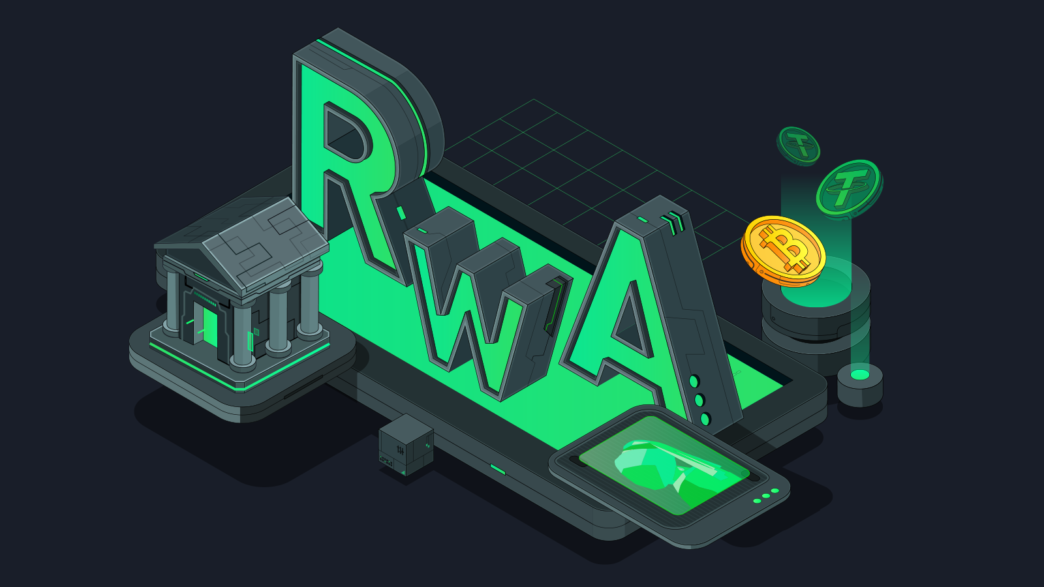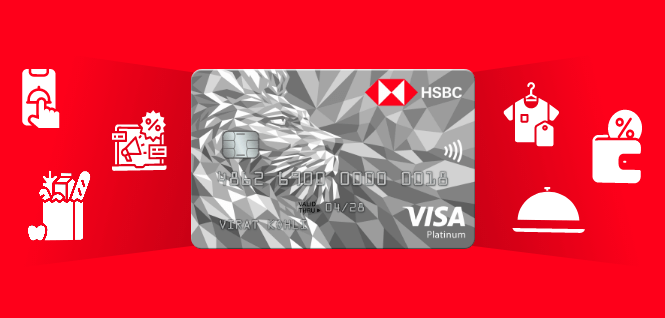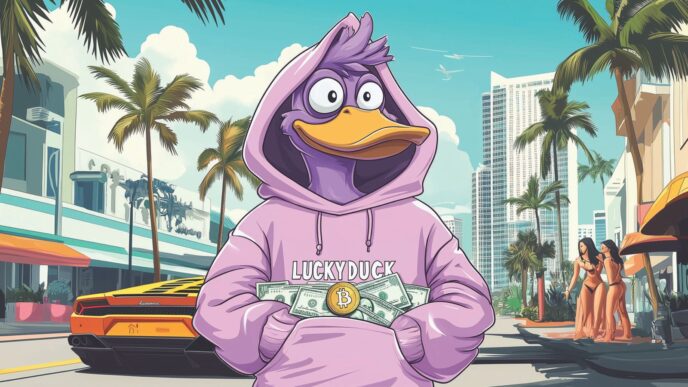The real estate market, valued at over $600 trillion globally, has long been plagued by inefficiencies such as high transaction costs, limited accessibility, and lack of transparency. Blockchain technology, through the tokenization of real-world assets (RWAs), is poised to address these challenges, opening new doors for investors, businesses, and industry stakeholders. Blockchain technology in real estate is rapidly reshaping industries worldwide as Real estate found at the forefront of this transformation.
The concept of Real-World Asset (RWA) tokenization, where tangible assets like property are digitized and traded on the blockchain, is opening several opportunities. It is a technological shift that could fundamentally redefine how we invest in and interact with real estate. It offers fractional ownership, seamless transactions, and unprecedented liquidity in the industry.
What is Real World Asset (RWA) Tokenization
The Idea of real world assets tokenization surround around creating a digital representation of physical asset in Blockchain that can be traded in decentralized manner. It helps to cut cost, enhance trust and transparency thus enable investor to buy and sell asset at convenience withany
Types of Tokenized Assets
Tokenized assets can basically categorised into two:
- Tangible assets which are Real estate, Gold/silver/metals, collectibles, cars
- Intangible assets (Intellectual properties) which are Equities, Government/Cooperate bonds, Carbon credits
Tokenizing Real Estate: The Next Frontier
The tokenization of real estate involves converting property assets into digital tokens that represent fractional ownership. This innovation offers several benefits among which are:
- Accessibility: It give opportunity to retails investor to gain access and become fractional ownership of previously unattainable high-value properties.
- Liquidity: Blockchain reduces barriers to entry, enabling faster, more efficient transactions in a market known for its illiquidity.
- Transparency: All transactions are recorded on an immutable ledger, reducing fraud and improving investor confidence.
Experts project that the tokenized asset market could grow to $16 trillion by 2030, with real estate leading this revolution. Tokenization not only democratizes access to property ownership but also enhances the efficiency of the industry.
The Technology Powering Real Estate’s Transformation
There are several technologies powering the transformative potential of RWA tokenization in real estate. Of the leading tech are
1. Smart Contracts
Smart contracts automate key processes such as lease renewals, property sales, and rent payments. This eliminates intermediaries like brokers, reducing transaction costs while increasing speed and reliability.
2. AI and Predictive Analytics
Artificial intelligence enhances decision-making by providing real-time market insights, trend forecasts, and personalized recommendations on investment. This reduces risks and improves returns for investors.
3. The Metaverse
Virtual property tours in the Metaverse offer immersive, 3D experiences, enabling investors to evaluate properties without geographical limitations. This innovation is particularly beneficial for global investors seeking to diversify their portfolios.
4. Blockchain’s Transparency and Security
The decentralized nature of blockchain ensures that all transactions are secure and tamper-proof. With the system integrity, token holders can track their investments with full confidence.
Why Tokenized Real Estate Matters
Tokenized real estate addresses critical inefficiencies in the traditional property market, such as high entry costs, slow transaction times, and lack of transparency. The ability to fractionalize ownership also democratizes an asset class that has long been dominated by institutional players.
A. Value Proposition of Blockchain in Real Estate
1. Fractional Ownership and Democratized Investment
Blockchain allows real estate assets to be divided into digital tokens, enabling fractional ownership. This lowers barriers to entry, allowing retail investors to access high-value properties with small investments. For instance, a $1 million property can be divided into tokens worth $10 each, making real estate more accessible than ever before
2. Enhanced Liquidity
Unlike traditional real estate, where transactions can take weeks or months, tokenized assets can be traded on digital platforms almost instantly. This increased liquidity benefits investors by allowing them to easily buy or sell tokens without dealing with entire property sales
3. Cross-Border Investment Opportunities
Blockchain eliminates geographical barriers, enabling investors to access global real estate markets. This opens up previously inaccessible opportunities, creating a more diversified and inclusive investment landscape
4. Transparency and Fraud Prevention
A decentralized ledger ensures that all transactions are immutable and traceable, reducing the risk of fraud. Buyers, sellers, and regulators can access transparent records, fostering trust in the system
B. Market Opportunity and Growth Potential
The tokenized asset market is projected to grow to $16 trillion by 2030, with real estate expected to dominate as its largest category. This modest shift of real estate toward tokenization could unlock trillions of dollars in liquidity. Industry reports suggest that tokenized real estate could represent up to 1.2% of the global real estate market in the next few years with potential to grow as it gets more adopted. Blockchain technology could therefore transform the way real estate is bought, sold, and managed.
Deloitte predicts an annual growth rate of over 80% for tokenized real estate through the next decade, as more institutions adopt blockchain for cost efficiency, speed, and scalability.
Challenges in Real Estate Tokenization
While the potential is vast, challenges remain:
- Regulatory Momentum / Uncertainty
Governments and regulatory bodies are recognizing the potential of tokenized assets. Several Frameworks are laying the groundwork for widespread adoption, an example of such is the like of EU’s Markets in Crypto-Assets (MiCA) regulation. This evolving regulatory landscape varies significantly across regions and may pose inconsistent in the legal frameworks for tokenized assets which can consequently deter it’s mass adoption - Market Acceptance
Traditional investors may hesitate to adopt blockchain due to unfamiliarity or concerns about ownership rights and asset security. Public education and awareness campaigns are crucial to overcoming this hurdle. - Technical Complexities
Scalability, interoperability, and cybersecurity remain technical challenges for blockchain platforms handling high-value real estate transactions.
Practical Guide to Venturing into Tokenized Real Estate
For Realtors, business owners, and investors, who wish to venture into real estate tokenization must approach it strategically. Here’s a practical guide tailored for stakeholders interested in exploring the potential of blockchain-powered real estate. This should not be taken in anyway as a financial or investment advice but rather some points to put into consideration
1. Understand the Fundamentals
- Learn Blockchain Basics: Gain a strong understanding of blockchain technology, tokenization, and how it applies to real estate. Resources like online courses, webinars, and blockchain-focused platforms.
- Familiarize yourself with Tokenized Assets: Understand how fractional ownership works, the mechanics of smart contracts, and the benefits of liquidity in tokenized real estate.
2. Identify Reliable Platforms
- Research Tokenization Platforms: Research platforms that specialize in real estate tokenization. Evaluate their credibility, security audits, regulatory compliance, and ease of use.
- Look for Case Studies: Analyze successful tokenization projects to understand practical applications and potential returns.
3. Build Partnerships with Blockchain Experts
- Consult Blockchain Advisors: Partner with blockchain consultants or firms experienced in tokenization to learn more and navigate technical and regulatory complexities.
- Collaborate with Realtors and Developers: Work with real estate professionals who are already in the business and exploring tokenized property markets.
4. Explore Investment Opportunities
- Invest in Tokenized Properties: If you are an investor and you have done the due diligence and you have decided to invest, start small by purchasing fractional ownership of tokenized real estate through established platforms.
- Launch Tokenization Projects: If you’re a business owner or realtor, consider tokenizing properties you manage or own to attract a broader investor base.
5. Navigate the Legal and Regulatory Landscape
- Stay Informed: Understand the regulatory frameworks governing blockchain and tokenized assets in your region. Seek guidance on property rights, compliance, and investor protection.
- Work with Legal Experts: Engage legal advisors with expertise in blockchain and real estate law to ensure your ventures are compliant.
6. Focus on Technology Integration
- Leverage Smart Contracts: Automate leases, payments, and property transactions to streamline operations. Platforms offering customizable smart contracts will help to simplify its implementation.
- Use Analytics and AI: Employ data-driven tools for market analysis, trend forecasting, and identify lucrative properties.
7. Develop a Long-Term Strategy
- Define Clear Goals: Whether you want to expand your portfolio, attract more investors, or improve operational efficiency, try to develop a very clear roadmap.
- Stay Updated: The tokenized real estate market is dynamic. Regularly follow industry news, attend blockchain conferences, and network with other professionals in the space.
8. Address Risks and Challenges
- Assess Market Risks: Conduct due diligence to evaluate the potential ROI and risks associated with tokenized properties.
- Adopt Security Best Practices: Ensure a standard high of the security of your digital wallets and platforms to prevent fraud or cyberattacks. Do not forget to regularly conduct routine security checkup.
Rounding up
As the technology matures, its integration with artificial intelligence (AI), Metaverse and Internet of Things (IoT) solutions could further revolutionize real estate. Automated lease management, predictive market analytics, and smart contract-based transactions combined for a more efficient, accessible and transparent real estate ecosystem. These advancements are not just improving how transactions are conducted—they are reshaping the very foundations of the industry.
Real estate tokenization signals a future where property investment is no longer bound by traditional limitations. For entrepreneurs, businesses, and investors, the opportunity lies not just in adopting blockchain but in shaping solutions tailored to this market, thereby unlocking values across the global economy.
















